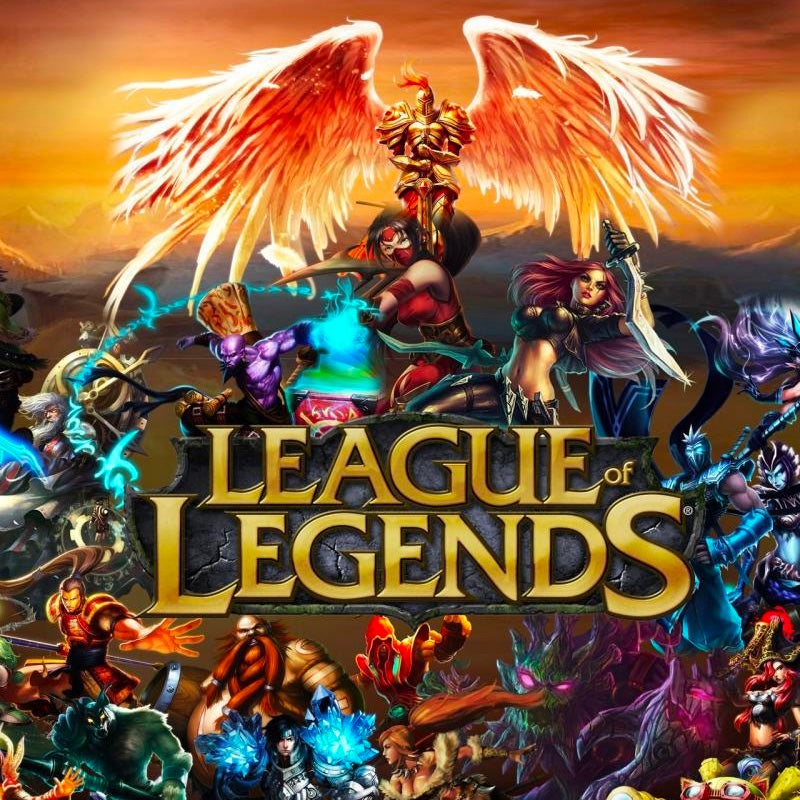In a recent announcement that has stirred discussion among the League of Legends community, game director Pu Liu has highlighted Riot Games’ ongoing efforts to crack down on what has been described as a pervasive issue within the game: soft inting. Soft inting, short for soft intentional feeding, refers to gameplay behaviour where players refrain from actively trying to win, often by avoiding team interactions and focusing on less impactful game actions such as farming sidelanes.
Liu’s remarks underscored Riot’s commitment not only to increase detection capabilities for such behaviour but also to explore more stringent penalties for offenders. “Soft inting is a large problem in the game,” Liu tweeted, acknowledging the frustration it causes among players who encounter such behaviour in their matches. This phenomenon is particularly noticeable in higher-ranked gameplay, where the stakes are higher and every decision can significantly impact the outcome of a match.
The challenge, as Liu pointed out, lies in distinguishing between players who are intentionally undermining their team’s efforts and those who may simply be having a bad game or are less skilled. Historically, Riot’s anti-cheat system, Vanguard, which now includes machine ID information, has primarily operated at the account level. This has posed limitations in accurately identifying and penalising soft inting behaviour without inadvertently punishing legitimate players who may be struggling to perform well.
“Now that we have machine ID info with Vanguard, how quickly should we transition punishment from account level to hardware level?” Liu posed the question to the community, prompting a range of responses. Many players expressed concerns over the potential for false positives and advocated for a measured approach to implementing stricter penalties. Suggestions included considering player experience levels and other contextual factors before issuing punishments, in order to reduce the risk of unjustly penalising newer or less skilled players.
“I see potential problems with a separation between soft inting and someone genuinely having a bad game,” remarked one player in response to Liu’s query. “Leniency would make more sense at first, maybe the system could take in more data (how new the player is, for instance) into account before punishment.”
Such sentiments reflect a cautious approach from the community, balancing the desire for a fair and competitive gaming environment with the need to deter disruptive behaviour effectively. The prospect of hardware-level bans, while potentially more effective in curbing repeat offenders, raises concerns about the unintended consequences for players whose gameplay might be misinterpreted as intentional sabotage.
Vanguard, Riot’s proprietary anti-cheat software, has been both a source of reassurance and contention among players since its introduction. Initially criticised for its intrusive nature and perceived impact on system stability, Vanguard has since undergone refinements to mitigate these issues. Riot has assured players that despite early challenges, there have been no reported cases of Vanguard causing permanent damage to hardware, despite sporadic incidents of PCs crashing or entering reboot loops following updates.
As Riot Games continues to navigate the complexities of addressing soft inting and maintaining a fair competitive landscape, the community remains engaged in discussions about the most effective strategies for enforcement. Liu’s inquiry signals a proactive stance from Riot in refining their approach to player behaviour moderation, aiming to strike a balance between deterrence and fairness.
In conclusion, while the specifics of Riot’s future actions regarding soft inting punishments remain under consideration, the community’s feedback will undoubtedly play a pivotal role in shaping these decisions. As the game evolves and player expectations continue to grow, Riot Games faces the ongoing challenge of maintaining a healthy gaming environment that fosters both competition and sportsmanship.


